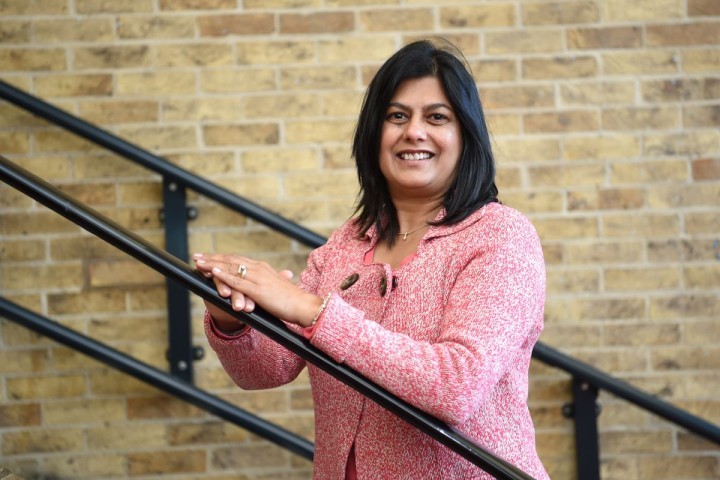The groundbreaking Lancaster project is looking to bring together academics, the business world, health and social care providers and the third sector in its work.
The 54-year-old has come from the other side of the world to take on the challenge. And she is relishing the opportunity to make a real difference – not just in Lancashire but globally.
She has an impressive CV. Early in her career she was a recipient of the Marie Curie Fellowship and was a lecturer at both UMIST in Manchester and Sheffield University.
She was also recently invited to join the International Women’s Forum, an organisation that advances leadership by connecting “the world’s most pre-eminent women of significant and diverse achievement”.
Dr Kothari said: “We are trying to shift people’s attitudes and behaviours. The creation of the HIC is very timely because of the pressure we face in healthcare, pressures on resources and the fact we live in politically very turbulent times.
“We want it to act as a catalyst to kick-start some innovation and new ways of doing things. One thing is clear; the status quo is not working.”
Dr Kothari spells out the challenges both internationally and closer to home in Lancashire. “We have an ageing population, we are living longer and we are also competing for resources globally.
“In this part of the world we have some of the country’s most deprived areas and neighbourhoods. We have some of the poorest health outcomes.”
She adds: “We are looking to shift thinking and behaviour when it comes to managing health and wellbeing. It is also about the awareness we have about what makes a person healthy.”
And that is where Lancashire’s businesses come in. She says: “We want to bring people together to work on some of these significant challenges.
“If we are going to move from managing health and wellbeing to a culture where people take greater responsibility for their own health, we have to work collaboratively.”
Dr Kothari points to housing as one area where she believes that collaboration can make inroads in improving health and wellbeing.
She says: “It is about how we can create healthy places to live. To do that we have to look at how we plan housing developments.
“We need to look at the buildings themselves as well as the external spaces. That means bringing together businesses from the sector as well as town and urban planners.”
Her point is that businesses don’t have to have expertise or work in the health and wellbeing sector to play their part. “It is about taking learning from different sectors and bringing them into health,” she explains.
“Take Blockchain for example, it is about looking how it can be applied in education and the sharing of health data.”
Businesses involved in digital industries or producing specialist industries may not see themselves working in health – Dr Kothari says that isn’t necessarily the case. The HIC gives them the chance to explore opportunities.
She says: “Come and talk to us and we will use what you can bring. You don’t have to be working in the health space directly, but you may be able to diversify and bring your skills and apply them to challenges in health and wellbeing.
“We have to understand and acknowledge health is no longer the domain of those who work in health and medicine. We all have to come together collectively.”
A full version of this interview features in the current edition of Lancashire Business View.
Enjoyed this? Read more from Ged Henderson























